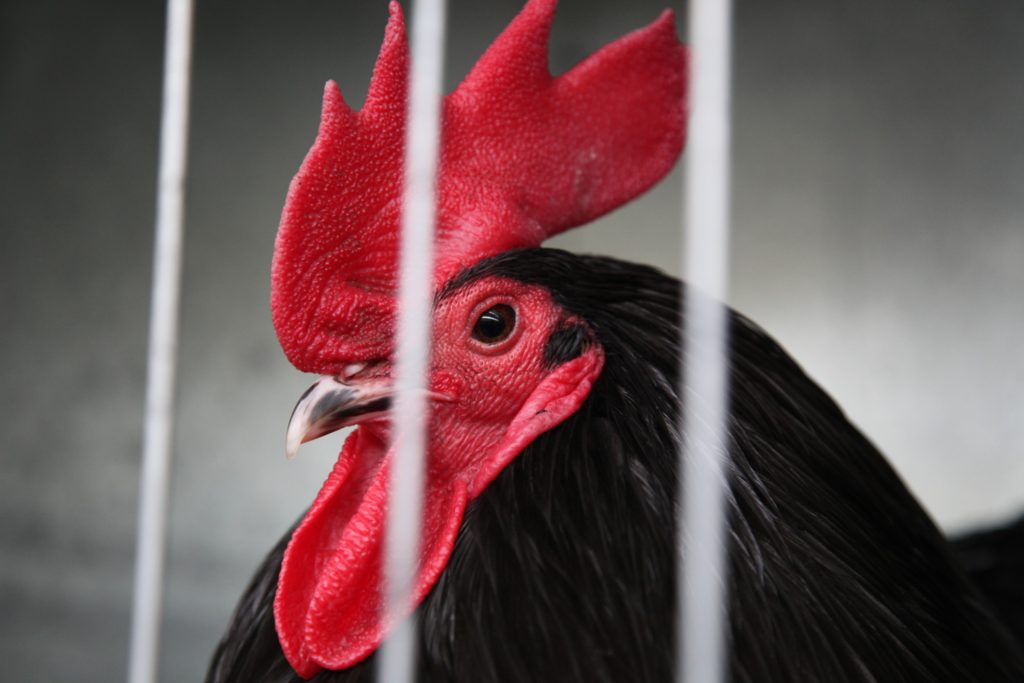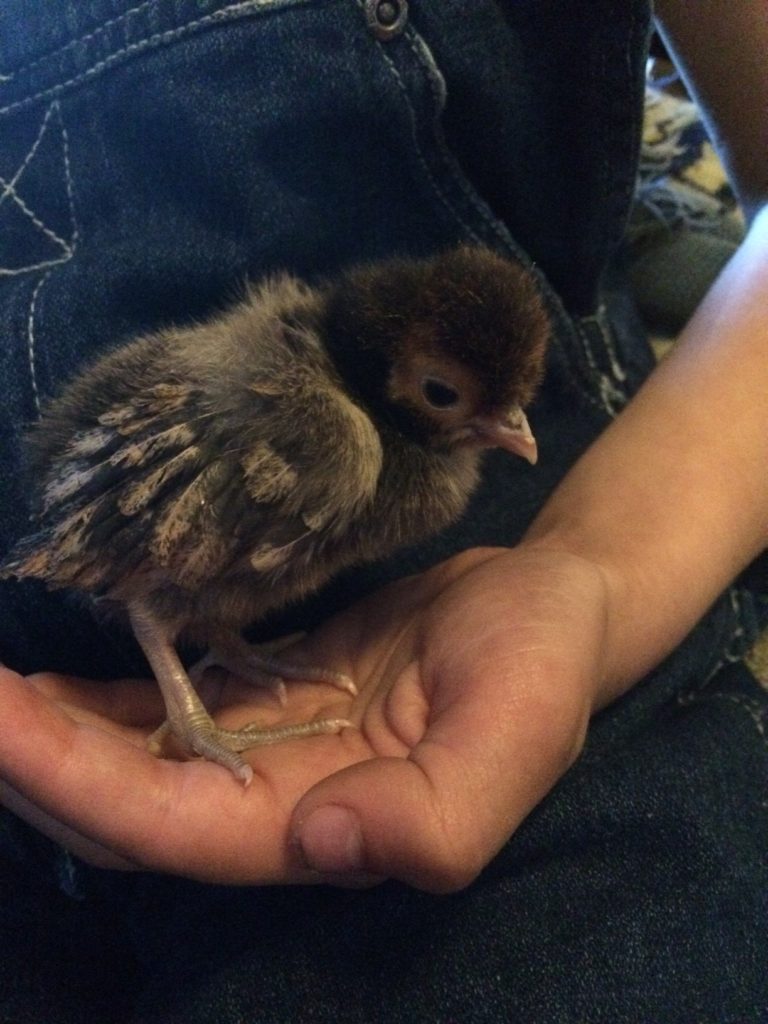When the sound first came, it roused me enough to open my eyes and check if my husband was still asleep. It was just after 6 a.m., but his eyes were wide. “Did you hear that?” “Yes.” The sound came again. I pulled myself up on my elbows and looked toward our open windows. The sound had come from the east, from the window that most definitely did not face our chicken coop. Right?
“That’s not my rooster,” I said, and for a moment I believed it.
The crowing came again, tentative and incomplete, but undeniably from the west. “That’s not my rooster?” I asked, weakly. I rolled out of bed and walked to the window facing the coop. Crowing. I came back to bed, pulled a sheet up to my neck, and nodded at my husband.
“Yep, that’s my rooster.”
And then, with every subsequent crow, we doubled up with laughter.
* * * * *
Pittsburgh Code, Title Nine, Zoning Code, Article V, Chapter 911 stipulates:
For property with a minimum of two-thousand square feet in size, the resident is permitted five chickens or ducks. For every additional one-thousand square feet of property, the resident is permitted one additional chicken or duck, with no other livestock for lots under ten thousand square feet.
Also,
Roosters are not permitted.
* * * * *
“So what do we do with it, uhm, him?” I asked, knowing that my husband didn’t know the answer.
We ran through the possibilities: Kill and eat him? No. The kids were teetering toward vegetarianism as it was. We couldn’t chance it. Keep him? No. We could lose the rest of the flock if someone called the urban chicken police. (How does one call the urban chicken police?) Take him back to the farm that sold him to us as a female chick? Maybe. But was that really worth the hour-long drive? Give him to friends and let them do whatever they please with him? Probably. But who?
This was going to take a few days to figure out.
* * * * *
The next morning, I sat in a plastic green chair just after sunrise and watched our exiled rooster pace. The hens were locked up; he was locked out. He wanted to be with the flock, but after he had awoken to his rooster-hood, he began strutting, pecking, and chasing the hens. The smaller birds has stopped eating and hid in the nesting box, like they did during a raccoon attack.
Aggressive masculinity. Unacceptable.
Now the hens were eating again, and the rooster watched them from the other side of the fence. “We’re probably making him neurotic,” I commented to my husband, who had come outside to see what I was doing, “Not allowing him to follow his instincts and all.”
“Yeah, probably doesn’t matter, though. He’s not staying here.”
“It’s too bad. I like his crow. And he’s a gorgeous bird,” I said, my eyes following the bright ring of feathers around his neck. “If we lived in the country, maybe they’d all figure it out in a bigger space.”
“They’d have to,” he said, “We’d need a rooster to protect the hens if we lived in the sticks.”
Squawk! Feathers flew as the rooster poked his beak though the chicken wire. The hens scattered, and I sighed. Maybe the city ordinance is a blessing.
Maybe. But I will miss my rooster, if not his bullying behavior. I’ve never had such a wake-up call.
* * * * *
Epilogue: After a chorus of ‘no, thank you’ from friends and a scroll through the ‘Free Rooster!!’ ads on Craigslist, the husband of this story put on his big-farmer overalls and beheaded the beast. A female observer, who had served with the Peace Corps in rural Rwanda, approved his methods and asked to be included in the Coq au Vin feast.
The children and their mother were conspicuously absent that evening.


